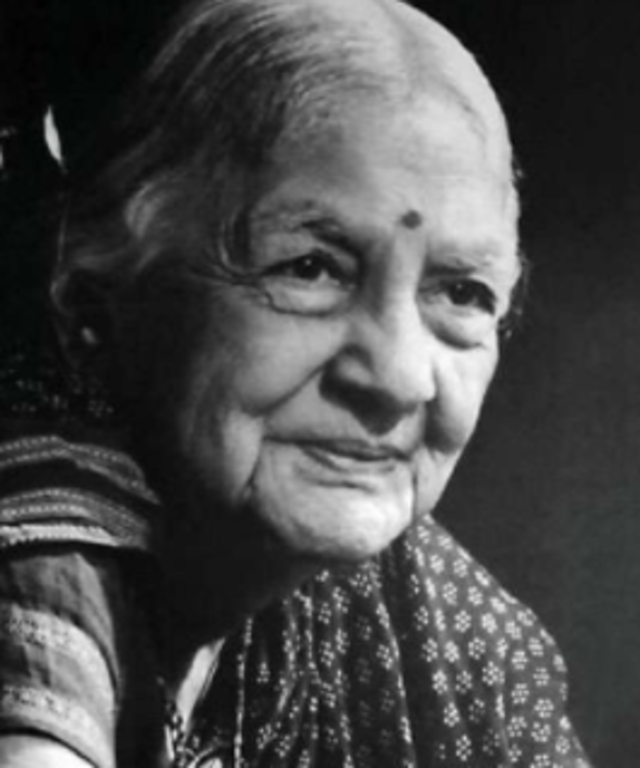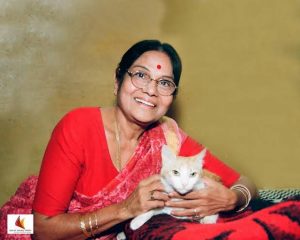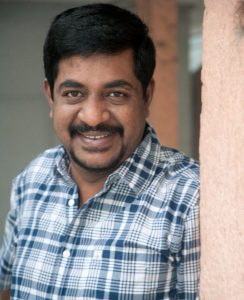
Kamaladevi Chattopadhyay (3 April 1903 – 29 October 1988) was an Indian social reformer and freedom activist. She was most remembered for her contribution to the Indian independence movement; for being the driving force behind the renaissance of Indian handicrafts, handlooms, and theatre in independent India; and for the upliftment of the socio-economic standard of Indian women by pioneering the cooperation.
Born in a Saraswat Brahmin family on 3 April 1903 in Mangaluru, Karnataka, Kamaladevi was the fourth and youngest daughter of her parents. Her father, Ananthayya Dhareshwar, was the District Collector of Mangalore, and her mother, Girijabai, from whom she inherited an independent streak, belonged to a land-owning Chitrapur Saraswat Brahmana family from coastal Karnataka.
Kamaladevi was an exceptional student and also exhibited qualities of determination and courage from an early age. Her parents befriended many prominent freedom fighters and intellectuals such as Mahadev Govind Ranade, and Gopal Krishna Gokhale, and women leaders like Ramabai Ranade, and Annie Besant. This made young Kamaladevi an early enthusiast of the Swadeshi nationalist movement.
She got married in 1917 at the age of 14 but was widowed two years later.
Several cultural institutions in India today exist because of her vision, including the National School of Drama, Sangeet Natak Akademi, Central Cottage Industries Emporium, and the Crafts Council of India. She stressed the significant role which handicrafts and cooperative grassroots movements play in the social and economic upliftment of the Indian people. To this end, she withstood great opposition both before and after independence from the power centers.
In 1974, she was awarded the Sangeet Natak Academy Fellowship, the highest honor conferred by the Sangeet Natak Academy, India’s National Academy of Music, Dance & Drama.
The Government of India conferred on her the Padma Bhushan in 1955, and the Padma Vibhushan in 1987, which are among the most revered civilian awards of the Republic of India. She was awarded the Ramon Magsaysay Award in 1966 for Community Leadership. In 1974, she was awarded the Sangeet Natak Akademi Fellowship, Ratna Sadasya, in recognition of her lifetime’s work. The Fellowship is the highest award of Sangeet Natak Akademi, India’s National Academy of Music, Dance, and Drama.
UNESCO honored her with an award in 1977 for her contribution to the promotion of handicrafts. Shantiniketan honored her with the Desikottama, its highest award.
On 3 April 2018, on what would have been her 115th birthday, Google honored her with a Doodle on their homepage.



